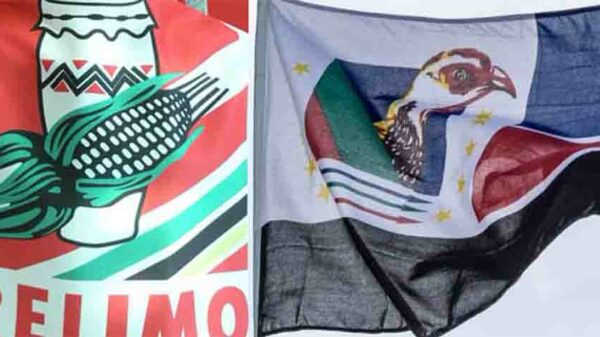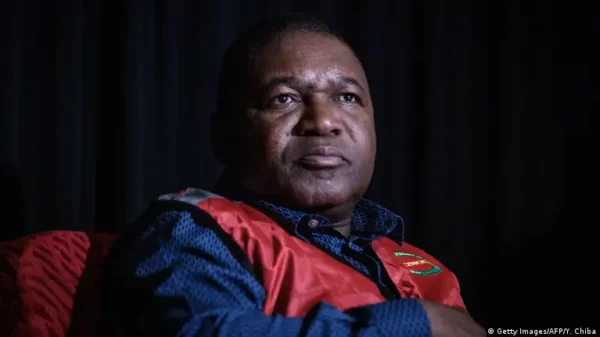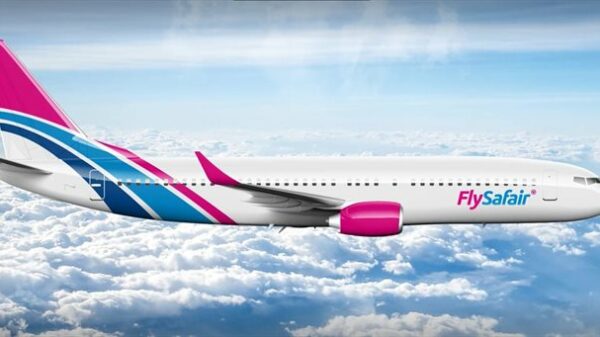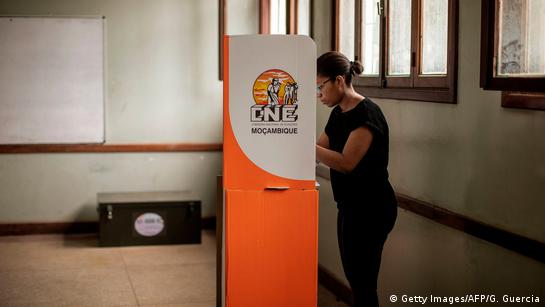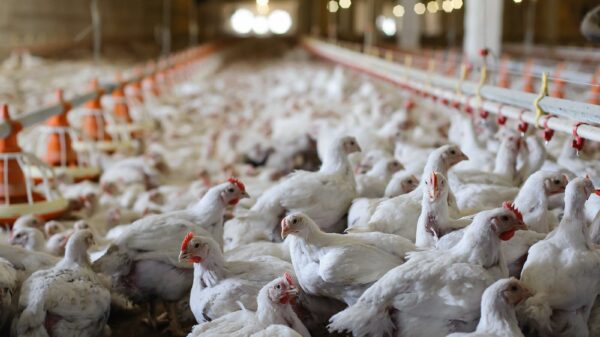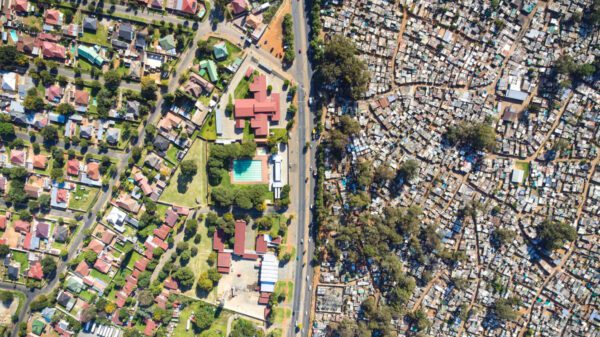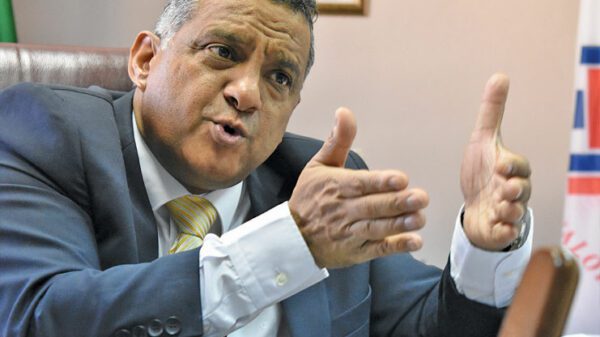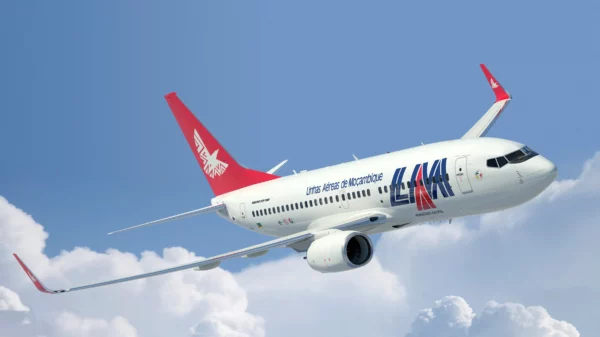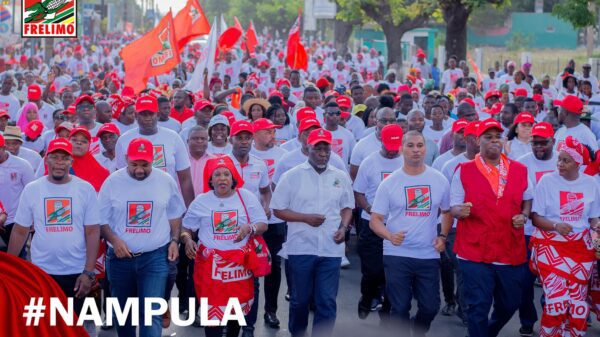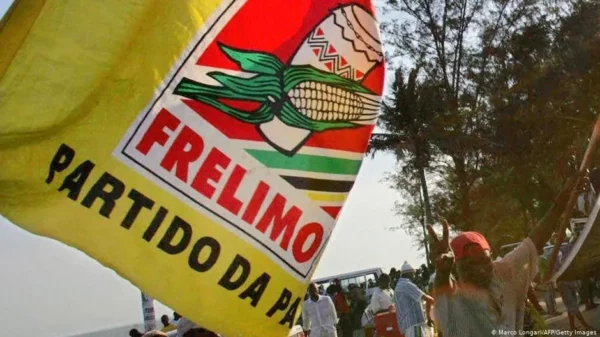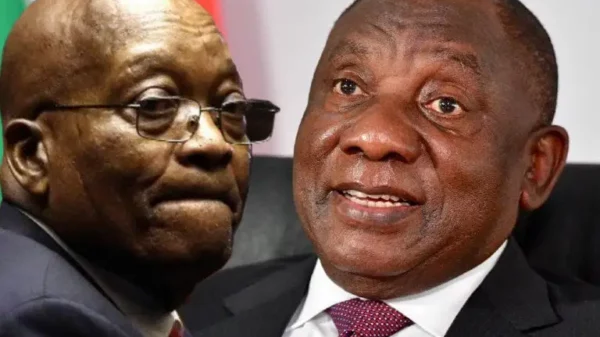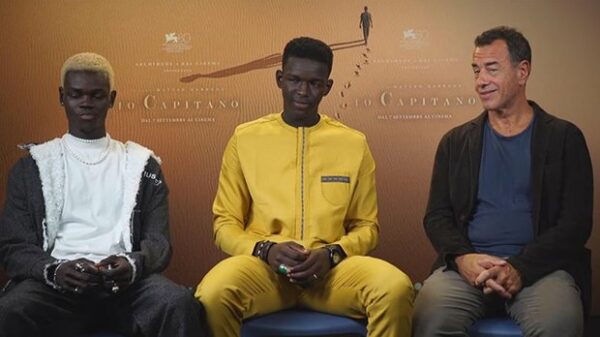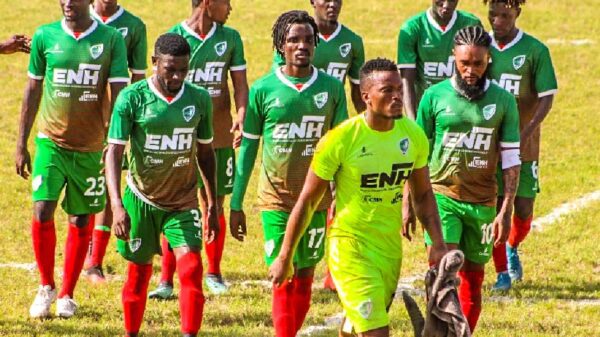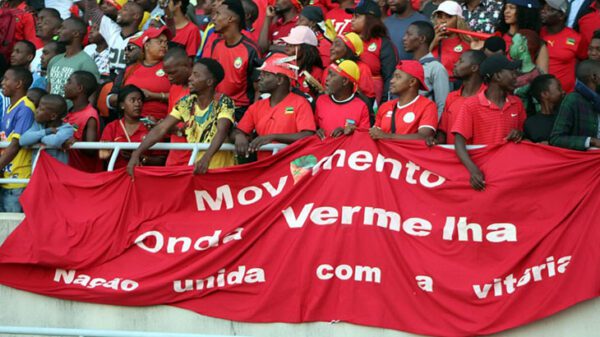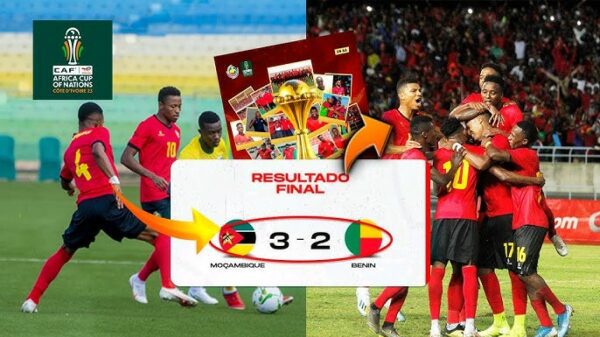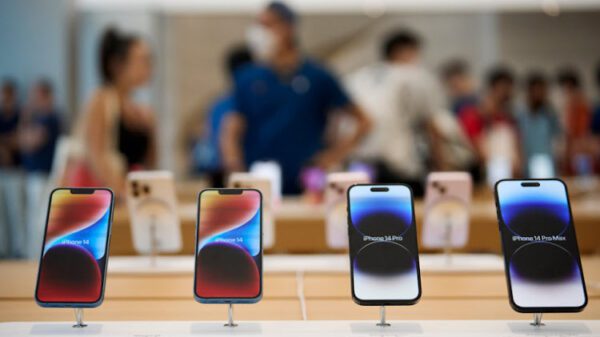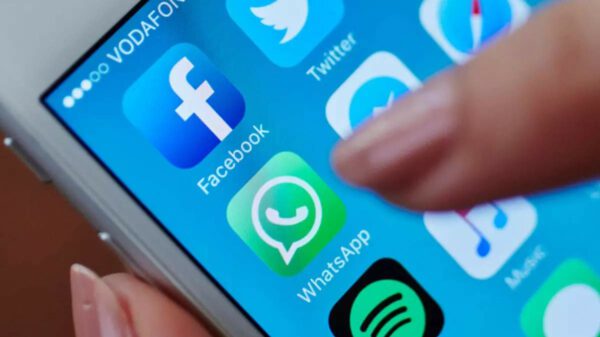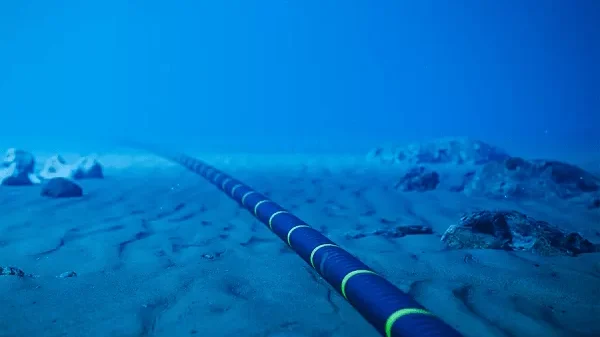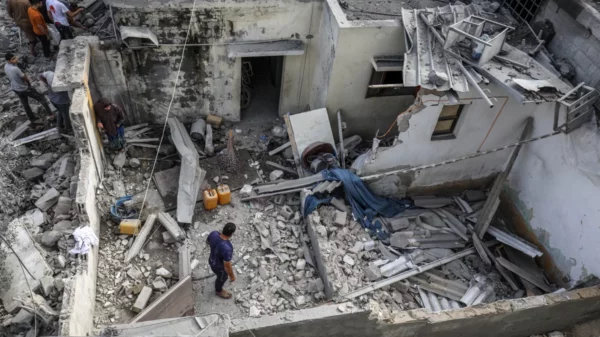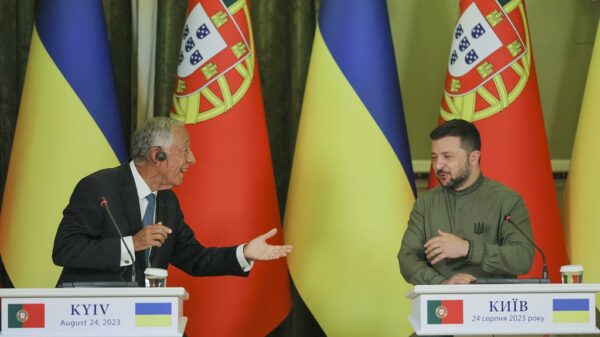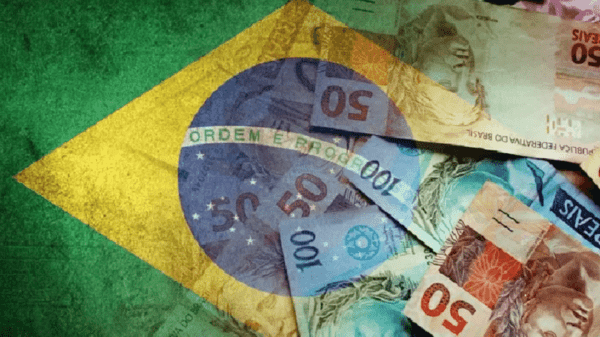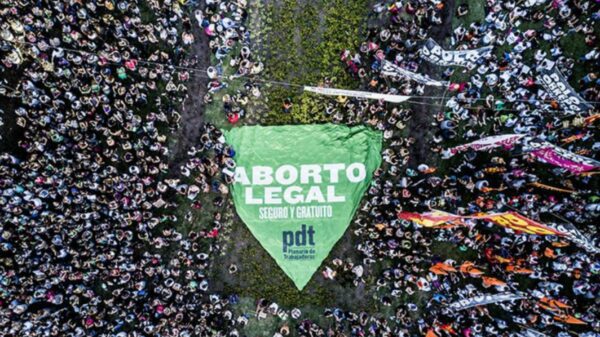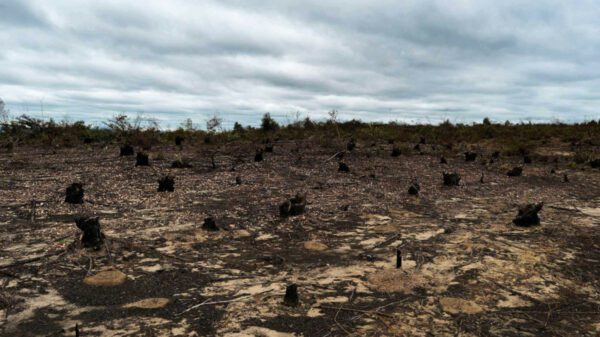In a statement, the operator states that the '2Africa', considered the largest submarine telecommunications cable system in the world, arrived today in the city of Nacala, Nampula province, connecting fiber optics to the new 'data center' also opened locally by Master Power Technologies, project partner, which will connect 33 countries, 19 of which are in Africa.
“This is the first submarine cable to land in the north of the country, after having landed in Maputo [south] in February, with the promise of greater internet capacity and accelerated connectivity for Vodacom customers, supporting the growing digital economy in Mozambique “, highlights the operator.
The '2Africa' submarine cable connects Europe (with connections in Portugal and the United Kingdom), Africa (Senegal, Ghana, Angola, South Africa, Mozambique, Somalia, Egypt, among others) and Asia (Iraq, Iran, Pakistan, India, among others), for a total of 46 points and return to the European continent through Italy and France.
It plans to serve 3 billion people when fully operational in 2024, with a total length of 45 thousand kilometers and a bandwidth of 115 terabytes.
“Through this undersea fiber optic cable infrastructure, Vodacom will provide a direct international outlet for faster and more reliable internet services in the country“, explains the operator.
The “2Africa” consortium includes eight international partners, such as China Mobile International, Meta, Bayobab, Orange Telecom Egypt; Vodafone Group (Vodacom's parent company) and WIOCC, which came together in 2020 to “significantly increase the capacity, quality and availability of internet connectivity between Africa and the rest of the world“.
“Vodacom is the designated partner for the landing in Mozambique, providing infrastructure for cable installation at existing sites in the Maputo port area and Nacala port,” he adds.'
“The landing of the '2Africa' submarine cable reaffirms Vodacom's commitment to enhancing digital inclusion in Mozambique and the African continent, increasing access to quality internet services and investing in network infrastructure to support it. This is an ambitious challenge for which we cannot achieve results alone. Collaboration between other industry and public sector players is essential to enable the connection of more citizens in the country and across the continent“, assumed José Mendes from Vodacom, quoted in the same statement.
Using this infrastructure, service providers in Mozambique “will be able to obtain capacity in a fair and equitable way, encouraging and supporting the development of a healthy ecosystem of internet services”.
“Direct international connectivity can then be provided to data centers, enterprises and distributor customers. Once the fiber optic cable system is deployed, businesses and consumers will benefit from better quality, reliability and lower latency for Internet services, including telecommuting, high-definition video streaming, as well as advanced multimedia and mobile video applications.“, highlights the operator.
It adds that the arrival of the fiber optic cable system in Mozambique “also offers the potential for much-needed regional job creation in sectors that depend on direct international connectivity, such as 'data centers', 'call centers' and software development”, being a “job opportunity can help contribute to local and national socioeconomic development”.
The '2Africa' project will support the growth of 4G, 5G and fixed broadband access, “providing better connectivity for rural and underserved areas, as well as network resilience”, assuming the consortium represents an “economic impact” of more than 26,200 million dollars of Africa’s GDP, “two to three years after its commissioning”.

